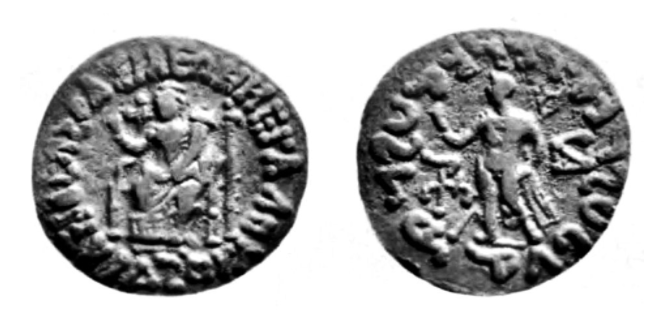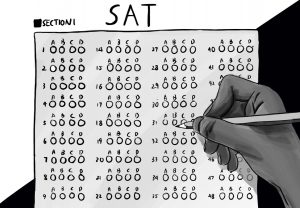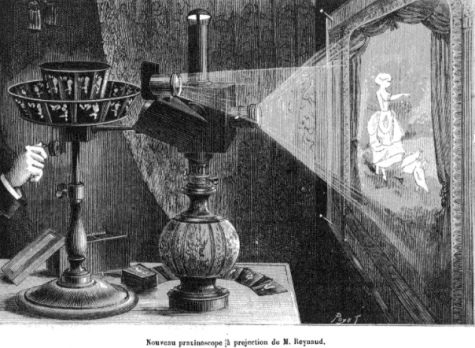Internet cults
January 24, 2017
All manner of social movements have started online. Protests during the Arab Spring were organized via social media, political groups crowdsource information, companies astroturf their products and scammers market their schemes to whoever will listen. So it’s only natural that a few small, obscure religious movements will grow or merely exist on the internet. Some of these groups are merely satirical, like the “Pastafarians” who ridicule mainstream religions or the semi-serious “Discordians”, a group of writers and artists that claim to follow the ideals of chaos and are perhaps the most glaring embodiment of Poe’s Law. Then there are the legitimate cults that merely subsist online. The infamous Heaven’s Gate group, responsible for the 1978 Jonestown Mass Suicide, has a website to this day. The lone webmaster running it is (was?) apparently part of the group, and still answers emails with inquiries about the group.
Even more engaging, however, are the active cults people can join online. The group Aum Shinrikyo, a Japanese doomsday cult infamous for the 1995 Tokyo sarin gas attacks, has recently resurfaced in Russia and rebranded as “Aleph.” Their website links to various works of literature curious readers can download. The Raelian Cult, a UFO centric “movement” that purports that aliens are responsible for life on earth, also have a site where you can order their book and find local events! And all of these famous cults are competing with all the small time Satanists (legitimate ones, not the political movement), off the grid communes, or financial cults/pyramid schemes. These groups invariably follow a certain online “style”; sites like “Universe People” are adorned in rainbows, colored text and late 90’s clip art. (Interestingly enough, a few of these sites claim to have been updated quite recently…) Expand the definition of “cult” to include political groups that isolate members, and you can find white nationalist mystics, to anarcho capitalist “volunteerism” groups that advocate for the “deFOOing” of others (This is when you cut off all relations you did not explicitly consent to). In a way, I suppose the internet has become a microcosm for new religious or ideological movements. There are the major religions and their literature and ideas spread across the more traveled parts, and then there are the bizarre groups that somehow sustain themselves with however few visitors they get. At least there’s something for everyone…

























Christian • Jan 13, 2021 at 12:16 AM
Hey man, Heaven’s Gate was not responsible for the Jonestown Massacre, gettin’ your cults mixed up.